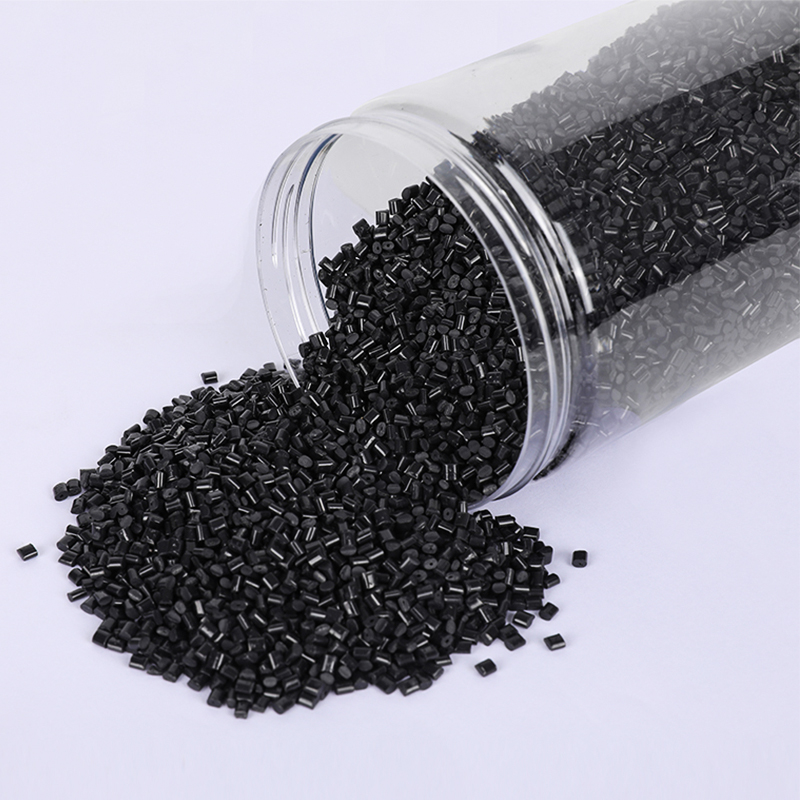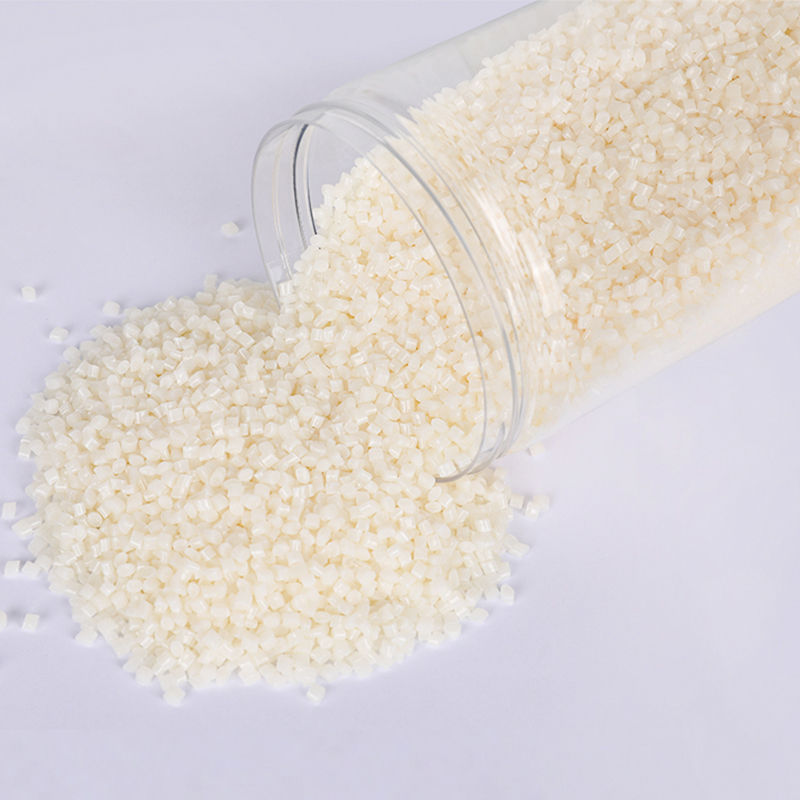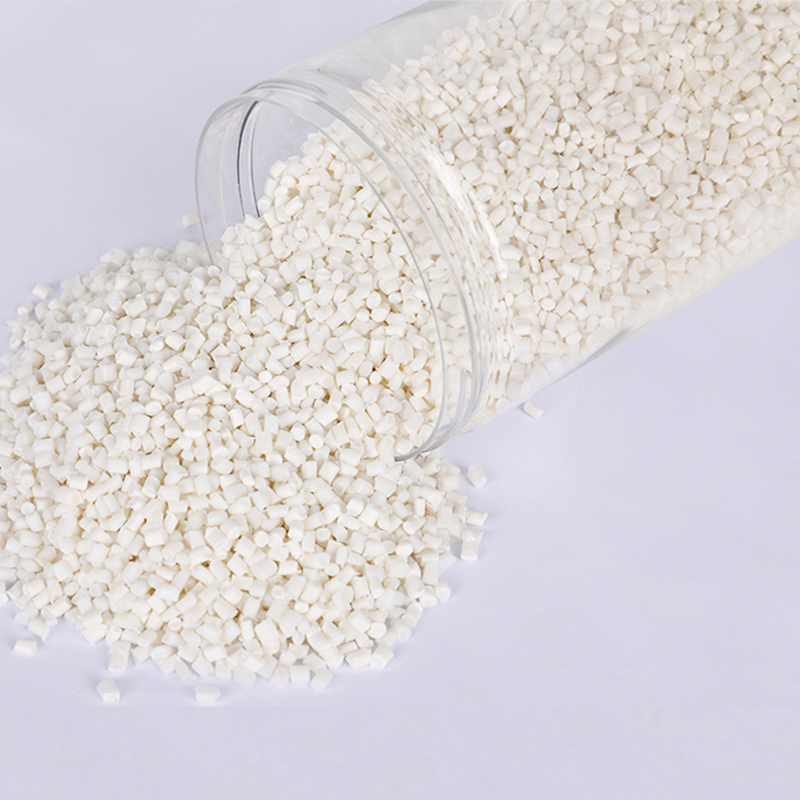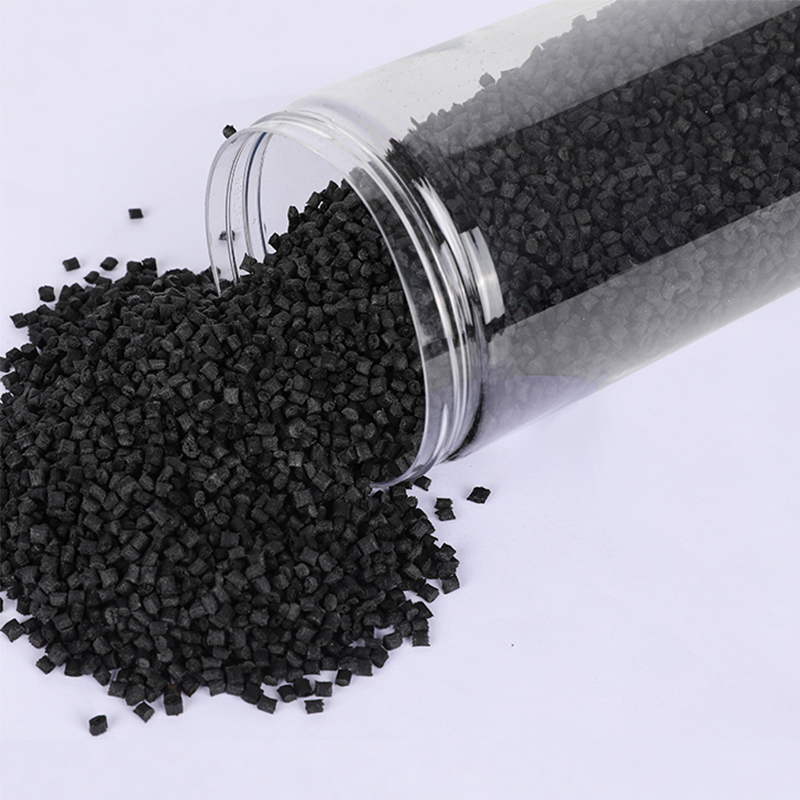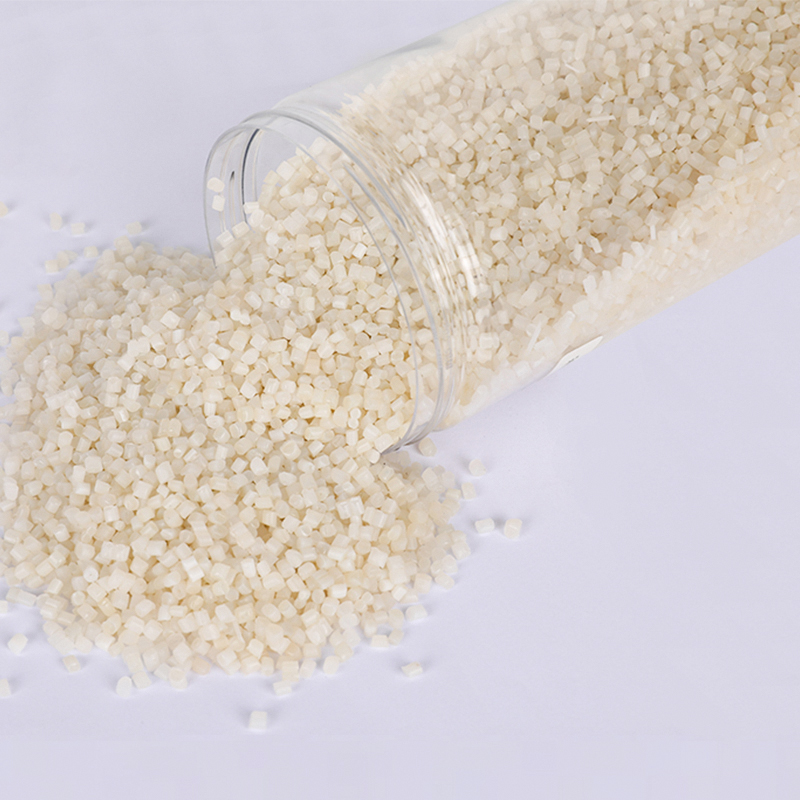Stay up to date with our recent products
Web Menu
Product Search
Exit Menu
Understanding the Mechanical and Thermal Properties of RPA Recycled Polyamide for Industrial Use
As demand for sustainable materials grows across industries, RPA Recycled Polyamide is becoming an increasingly important material in the engineering and manufacturing world. While it carries obvious environmental advantages, what truly matters to technical buyers and engineers is whether recycled polyamide can match the performance of virgin alternatives. In industrial applications, this comes down to two core areas: mechanical strength and thermal stability. A deeper understanding of how recycled PA behaves under stress and heat is essential for integrating it into high-performance components.
Mechanically, recycled polyamide can retain a high percentage of its original strength, especially when sourced and processed with care. Properties like tensile strength, impact resistance, and elongation at break are often comparable to virgin grades, particularly when the RPA is derived from post-industrial waste rather than post-consumer sources. However, the recycling process can introduce minor molecular chain scission, which may affect toughness. To compensate, manufacturers often refine the formulation or blend the recycled content with reinforcing agents such as glass fibers or impact modifiers. This allows RPA to be used confidently in applications where mechanical performance is critical—like automotive brackets or electrical housings.
Thermal properties are another area where recycled polyamide continues to prove its industrial reliability. The melting point of RPA typically remains close to that of virgin PA6 or PA66, ranging between 210–260°C depending on the grade. Its heat deflection temperature (HDT) and dimensional stability under load are also key factors, particularly for parts exposed to continuous or cyclical heating. In real-world applications, well-processed recycled polyamide shows minimal deviation in thermal behavior, making it suitable for use in engine bay components, cable insulation, and hot water fittings. Of course, careful selection of RPA grade and supplier is crucial, especially when long-term thermal resistance is a priority.
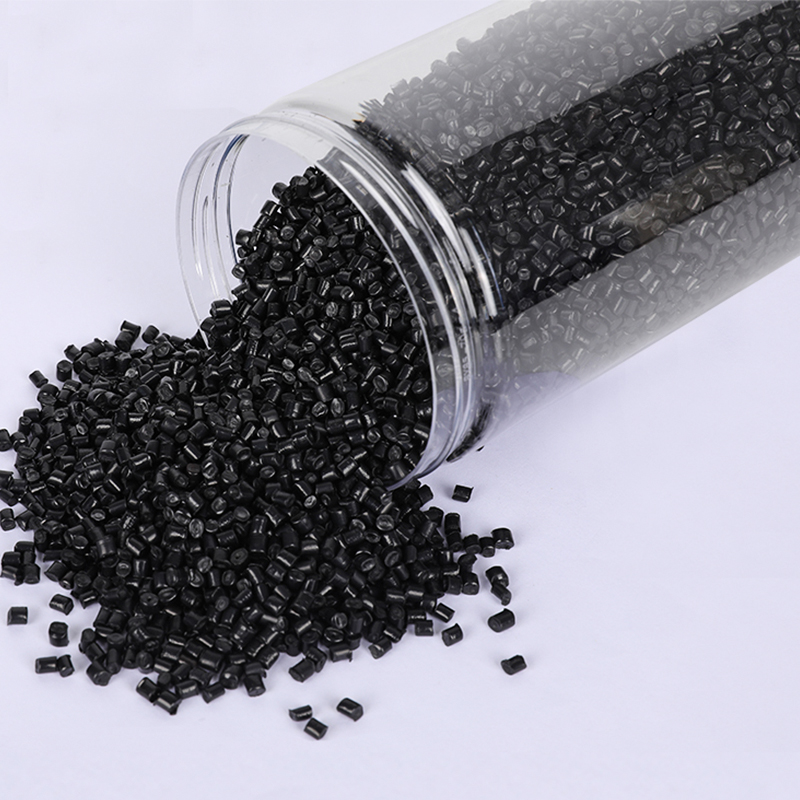
Moisture absorption, often a concern with polyamides in general, remains a point of consideration for recycled versions as well. While the rate and saturation point are generally similar, some RPA materials may exhibit slightly varied moisture conditioning behavior due to changes in crystallinity during reprocessing. This can affect dimensional accuracy and mechanical properties in humid environments. Engineers can account for this through drying protocols, part design optimization, or material stabilization techniques. Our technical team supports customers in selecting the right formulation and conditioning methods to match specific performance needs.
A major advantage of working with RPA is the flexibility in compounding. Recycled polyamide serves as a versatile base resin that responds well to customized additive packages. Whether it's UV stabilizers, flame retardants, or colorants, today's RPA grades are engineered for targeted applications without sacrificing consistency. For OEMs and component manufacturers, this opens up design freedom while still meeting sustainability goals—a win-win scenario. It’s also a key reason why more clients are turning to trusted suppliers who not only provide high-quality recycled materials but also understand the practical engineering challenges behind every application.
From an industrial perspective, the growing adoption of RPA Recycled Polyamide is not just an environmental gesture—it’s a materials science decision backed by data. For manufacturers who depend on performance, consistency, and cost-efficiency, recycled polyamide can deliver the right balance. But the success of any RPA application still hinges on understanding the specific material behavior in its final use case. That’s why collaboration with experienced material partners remains critical, especially when tolerances are tight and stakes are high.
With over a decade of expertise in the recycled polymer space, we work closely with our B2B partners to deliver not just materials, but material solutions. Whether you're designing for automotive, consumer electronics, or industrial components, our RPA offerings are supported by technical data and real-world application knowledge. When sustainability meets performance, innovation becomes practical—and that's exactly what Recycled Polyamide is making possible.
As China PCR Recycled Plastic Granules Factory, We always adhere to the experience and philosophy of "keeping up with the times, constantly innovating, developing efficiently, and cooperating for mutual benefit"

Address: No.11, Wangzhuang Section, Provincial Road 01, Daqiao New Area, Economic Development Zone, Haiyan County, Jiaxing City, Zhejiang Province, China
Phone: +86-18058285678
Fax: +86-0573-86868101
E-mail: [email protected]
SUNRISE GROUP(Overseas Exclusive Agent)
www.sunrisechemical.com
2024 ICIS Global Chemical Distributor Top 8
Export Sales Manager:Helen Zhang
Mob/Whatsapp: +86 19883063465
Email: [email protected]
Copyright © Jiaxing Anyiju Plastic Industry Co., Ltd. All Rights Reserved

 简体中文
简体中文 English
English

